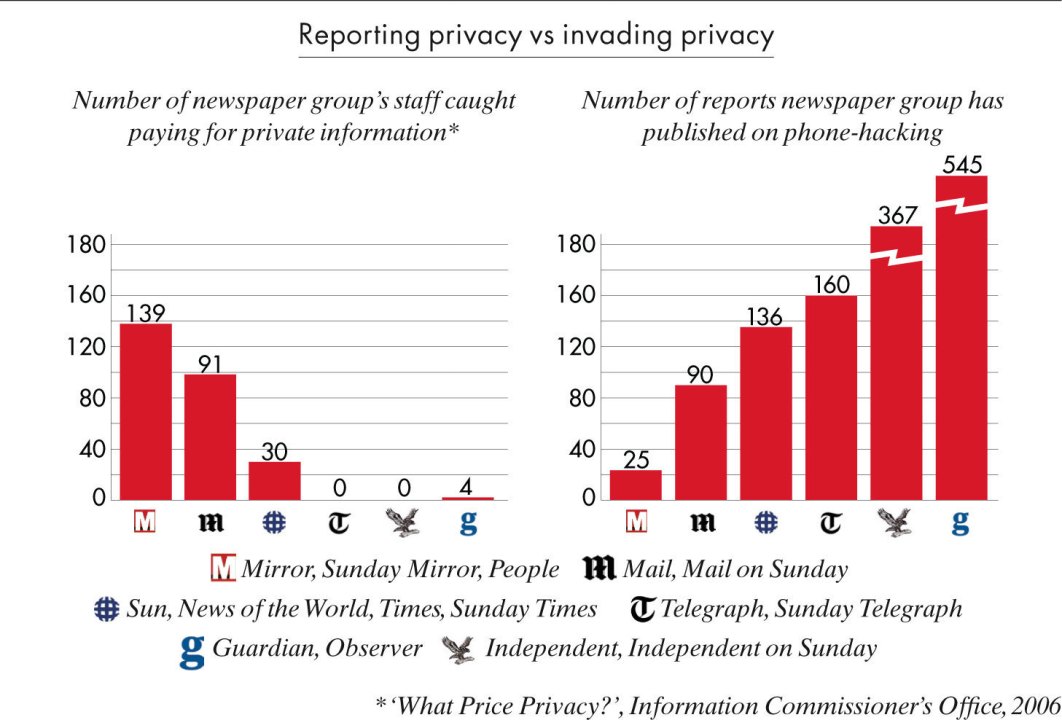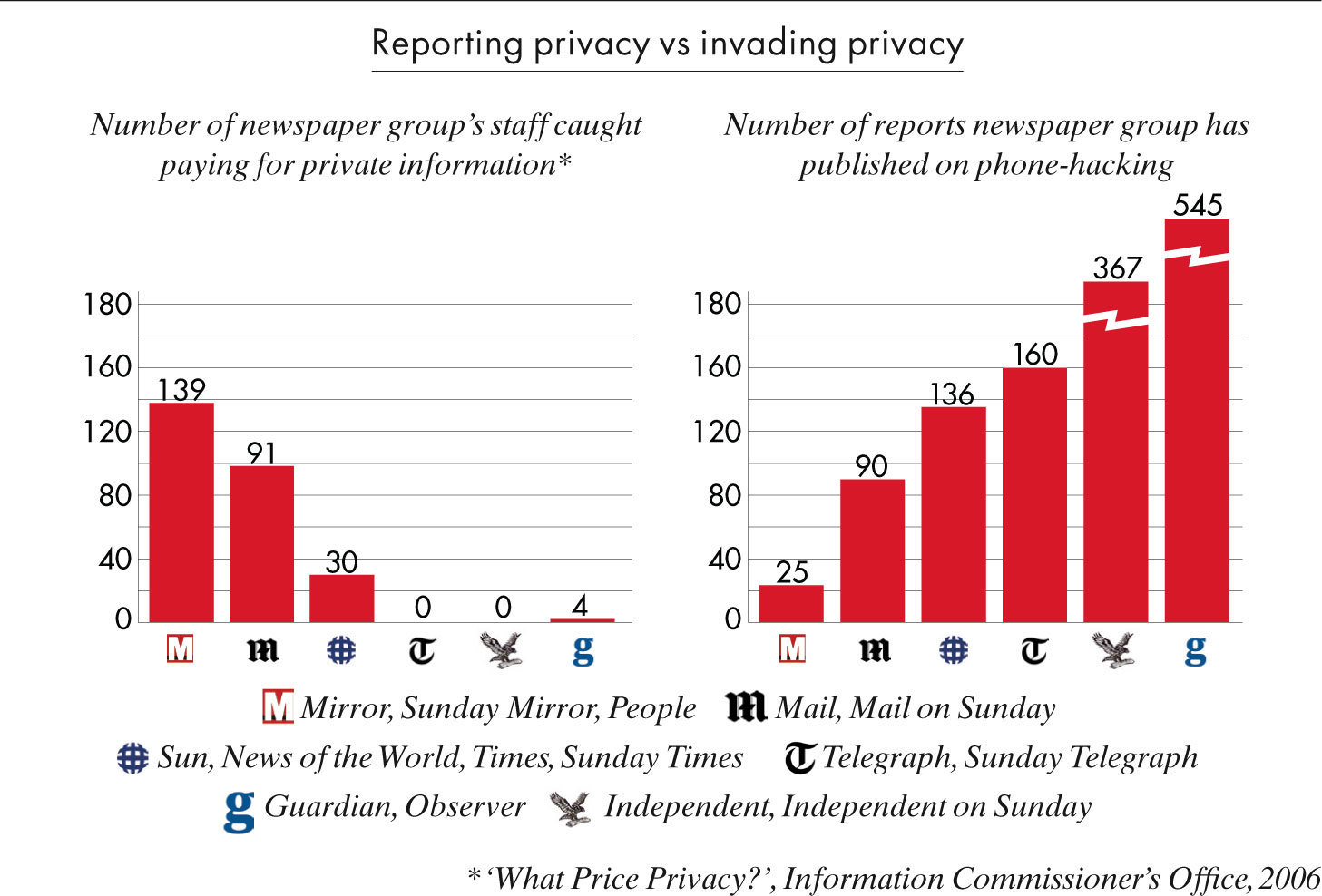
Remember Operation Motorman? You may not, because little was made it at the time — and nothing like the current phone hacking furore. Yet many of the themes are identical. In 2003, a private investigator called Steve Whittamore was busted. His job was to simply to snoop out information for various newspaper groups, often using illegal methods. They’d pay him, he’d hand over the information. It really was that simple. Until, that is, the Information Commissioner got its hands on his records, which included details of some of the transactions made between him and his client journalists. By 2006, it had emerged how many journalists had been caught paying Whittamore for information, and which publications they worked for. It was by no means limited to one or two titles, but dozens. In his cover piece for The Spectator this week (available to read here), Peter Oborne writes of that case: “The truth is that very few newspapers can declare themselves entirely innocent of buying illegal information from private detectives.” Writing for the Evening Standard yesterday, our former editor Matthew d’Ancona also alighted on the Whittamore scandal. “It does not excuse any of the terrible things the News of the World is presently alleged to have done,” he observes, “But it does provide some perspective.”
We added a pair of graphs to Peter’s article, which I’ve pasted at the top of this post for CoffeeHousers. They reveal a striking correlation. Turns out, those papers whose journalists were most implicated in the Whittamore bust are also those who have devoted the least number of reports to the phone hacking story. A coincidence? Perhaps. But, in any case, it certainly doesn’t inspire confidence.







Comments